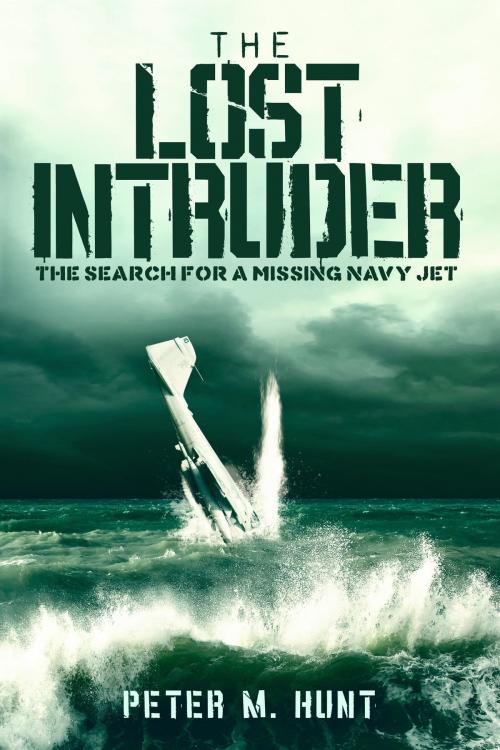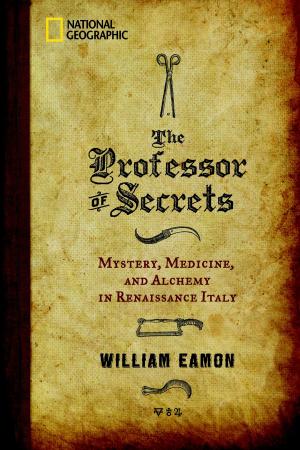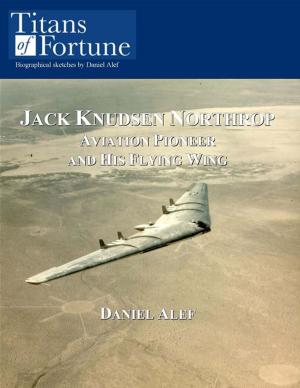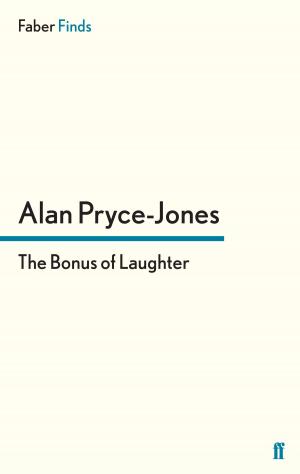The Lost Intruder, the Search for a Missing Navy Jet
Nonfiction, Health & Well Being, Self Help, Self Improvement, Motivational, Biography & Memoir| Author: | Peter Hunt | ISBN: | 9781370572922 |
| Publisher: | Peter Hunt | Publication: | September 12, 2017 |
| Imprint: | Smashwords Edition | Language: | English |
| Author: | Peter Hunt |
| ISBN: | 9781370572922 |
| Publisher: | Peter Hunt |
| Publication: | September 12, 2017 |
| Imprint: | Smashwords Edition |
| Language: | English |
“Although I owned a boat, I had no sonar, metal detector or any practical method of surveying the ocean bottom. With an incurable illness, no prospect of financial reward, little chance of success, brain surgery looming, and one child in college with another about to start, I was not in a position to spend thousands of dollars on a search. Still, desperate for a distraction, anything to pry my focus away from the disease, I decided—the hell with Parkinson’s. I’m doing it.” - From The Lost Intruder
On a windy, Autumn day in 1989, a U.S. Navy A-6 Intruder crashed off the shores of Whidbey Island, Washington. The Navy mounted a comprehensive, four-ship search for the attack jet with advanced sonar systems and remotely operated mini-submarines. They came up empty handed.
Former Navy pilot Peter Hunt knew the lost Intruder well. The jet came from his squadron; he had flown it from the deck of the aircraft carrier U.S.S. Ranger. Standing in the squadron ready room, Hunt listened to the radio transmissions as the accident unfolded: the hydraulic malfunction, the aborted mission, the futile attempt to lower the landing gear, and finally the violent ejection into Puget sound. Puzzled by the failed Navy search, Hunt long imagined the thrill of finding the A-6 and accomplishing what the U.S. Navy could not.
But time was running out. At age 43, Hunt was diagnosed with Parkinson’s disease. After ten years of worsening symptoms, no longer permitted to fly, and barely able to scuba dive, Hunt knew that he was losing the battle. Desperate for a rallying point to prove to himself that life still mattered, Hunt struck out in 2014 to find the missing A-6. Naval Aviation, deep technical wreck diving, high seas exploration, and one man’s optimistic refusal to quit converge in a salute to life’s possibility. The Lost Intruder soars in a triumph of the human spirit—see what it means to be alive.
“Although I owned a boat, I had no sonar, metal detector or any practical method of surveying the ocean bottom. With an incurable illness, no prospect of financial reward, little chance of success, brain surgery looming, and one child in college with another about to start, I was not in a position to spend thousands of dollars on a search. Still, desperate for a distraction, anything to pry my focus away from the disease, I decided—the hell with Parkinson’s. I’m doing it.” - From The Lost Intruder
On a windy, Autumn day in 1989, a U.S. Navy A-6 Intruder crashed off the shores of Whidbey Island, Washington. The Navy mounted a comprehensive, four-ship search for the attack jet with advanced sonar systems and remotely operated mini-submarines. They came up empty handed.
Former Navy pilot Peter Hunt knew the lost Intruder well. The jet came from his squadron; he had flown it from the deck of the aircraft carrier U.S.S. Ranger. Standing in the squadron ready room, Hunt listened to the radio transmissions as the accident unfolded: the hydraulic malfunction, the aborted mission, the futile attempt to lower the landing gear, and finally the violent ejection into Puget sound. Puzzled by the failed Navy search, Hunt long imagined the thrill of finding the A-6 and accomplishing what the U.S. Navy could not.
But time was running out. At age 43, Hunt was diagnosed with Parkinson’s disease. After ten years of worsening symptoms, no longer permitted to fly, and barely able to scuba dive, Hunt knew that he was losing the battle. Desperate for a rallying point to prove to himself that life still mattered, Hunt struck out in 2014 to find the missing A-6. Naval Aviation, deep technical wreck diving, high seas exploration, and one man’s optimistic refusal to quit converge in a salute to life’s possibility. The Lost Intruder soars in a triumph of the human spirit—see what it means to be alive.















